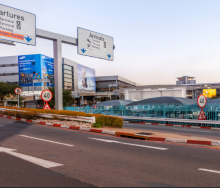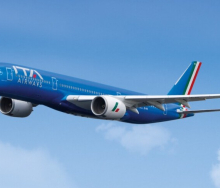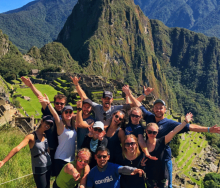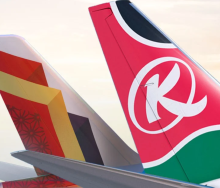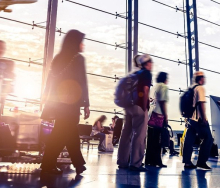Travellers could be more discerning when planning to travel due to COVID-19, according to VFS Global, a global specialist visa company.
The company’s regional group coo for Australasia, China, Africa, Europe and CIS, Jiten Vyas, has identified five main ways consumer planning habits may change.
“As travellers become more prudent when planning for their trips abroad, the travel industry will have to shift to an increasingly digital ‘contactless’ approach for travel planning while maintaining real customer engagement in a growing digital space,” he says.
Jiten said consumers were likely to make the following changes in their planning process:
Meticulous planning
Impromptu trips and loosely planned travel may be a thing of the past. “Travellers are expected to be warier of where they stay, travel and eat, and will prefer planning their vacations down to the last detail.”
Making it an exclusive experience
More travellers will book exclusive travel options. “We expect to see an increase in solo or small-group trips, well-researched and exclusive accommodation that allows you to check the health and sanitation standards beforehand, and private transport. Anything that helps one avoid sharing space with too many people and strangers.”
Second-city travel
Travellers will avoid popular cities and engage in ‘second-city travel’ to explore a destination’s lesser-known towns and cities, according to Jiten. “This not only helps reduce over-tourism and environmental impact but will also mean travellers can explore without coming into contact with too many people.”
Digitalised travel planning
“Travellers will seek out companies that provide them with the luxury of completing their planning and booking processes from the comfort of their homes, or being serviced remotely by their trusted travel agent, and this without the stress of being in crowded public spaces, avoiding too many human touch-points,” he said.
A new travel peak
Jiten said the traditional peak travel period during the Northern hemisphere’s summer season was likely to change. “Having missed that window in 2020, however, we are likely to witness a similar peak period when international borders open for long-haul travel and people deem it safe to travel again.”
He said although travel would resume, it would also inevitably change. “Public health, and evolved digital and sustainability standards are going to be the new wheels that the travel industry runs on, towards a smarter, safer and more sustainable future.”


